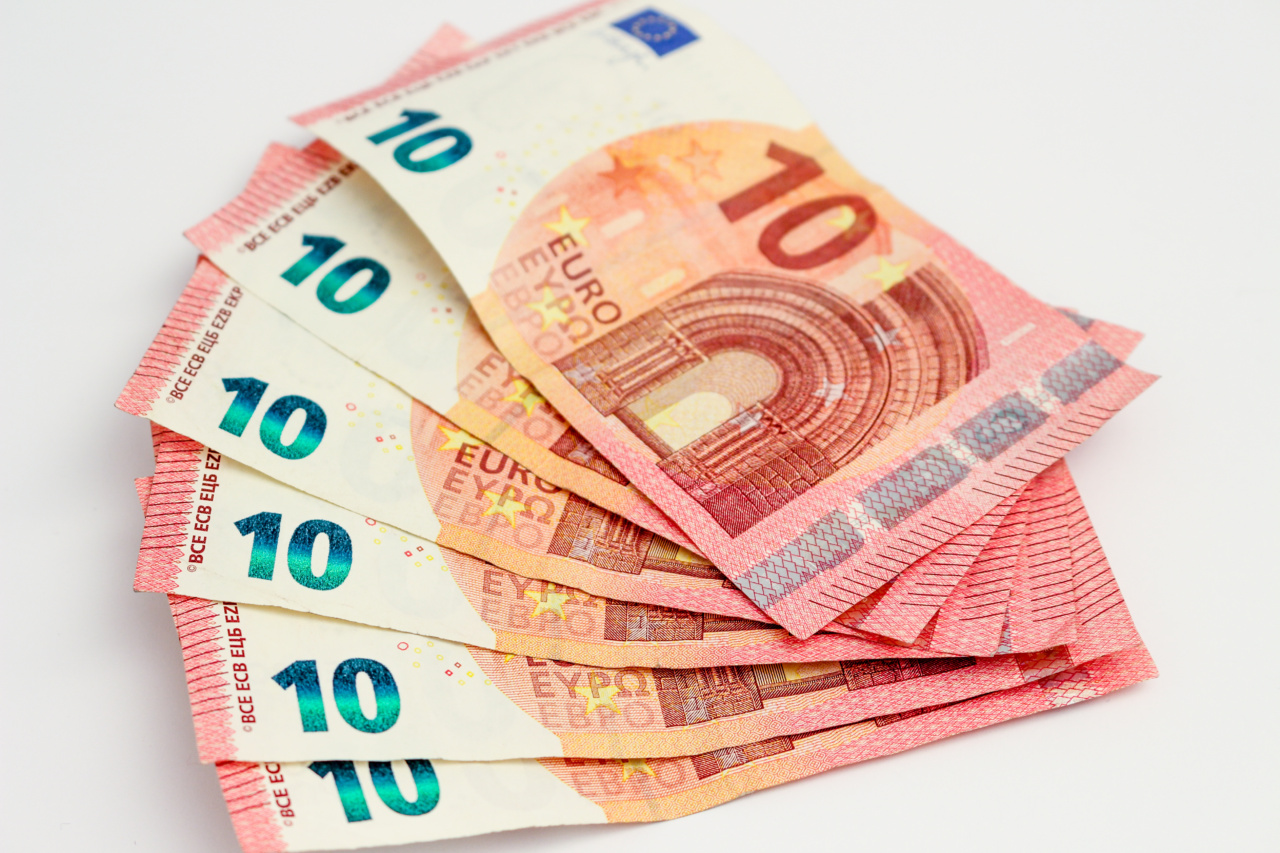The royalty system is one that has existed for centuries, with monarchs, kings, queens, and other members of royal families often being revered and celebrated for their power and wealth.
However, many people are often left wondering who exactly profits from royalty, and how does it all work? In this article, we will explore the economics of royalty, including who makes money from it, how they do so, and what impact it has on both the economy and society as a whole.
The Basics of Royalty
So, what exactly is royalty? In a nutshell, royalty refers to the status of a monarch or other ruler of a country or territory.
This status is typically inherited through bloodlines or other forms of succession, with the royal in question usually having a number of privileges, such as access to vast sums of wealth, power, and influence.
However, while it may seem as if royalty is just an outdated tradition with no real relevance in the modern world, the truth is that it still plays a major role in society and the economy.
For example, many royal families are involved in philanthropic endeavors, while others may serve as ambassadors for their country, using their status and influence to promote national interests abroad.
Who Profits from Royalty?
So, who exactly profits from royalty? The answer to this question is not as straightforward as you might think.
While obviously, the members of royal families themselves benefit from their status in terms of wealth and influence, they are by no means the only ones who stand to gain. In fact, there is a whole industry built around the idea of royalty, with many businesses profiting from the fascination that people have with monarchs and their lives.
For example, a number of tourist attractions are built around historic royal residences, such as Buckingham Palace in London or the Palace of Versailles in France.
These attractions generate millions of dollars in revenue each year, with many people traveling from all over the world to catch a glimpse of the lavish lifestyles of royals from years gone by.
In addition to this, there is also a thriving industry that caters to people who are interested in emulating the lifestyle of royalty, such as with lavish clothing, jewelry, and other luxury goods.
Manufacturers and retailers use the concept of royalty to market their products, often using images of crowns, tiaras, or other regal symbols to appeal to consumers’ aspirations and desires.
How Does Royalty Impact the Economy?
Despite the many ways in which people profit from royalty, many still question whether it is a net positive or negative for the economy as a whole.
On the one hand, the tourism and luxury goods industries that are associated with royalty do generate significant amounts of revenue, and help to create jobs and drive economic growth in many regions across the world.
However, there are also concerns that royalty can lead to inequalities and social divisions within society.
For example, many people argue that a system of inherited privilege and wealth can create a sense of entitlement among members of royal families, which can in turn lead to a lack of accountability and transparency in their actions.
There are also issues surrounding the cost of maintaining royal households, many of which receive significant amounts of public funding to support their lavish lifestyles.
In some cases, these expenses can run into the billions of dollars, adding significant strain to already overstretched public budgets.
Conclusion
So, what can we conclude about the economics of royalty? In short, it is a complex topic with both positive and negative implications for the economy and society as a whole.
While there are certainly many people who profit from royalty, and who use the concept to generate wealth and create jobs, there are also concerns surrounding the impact that a system of inherited privilege and wealth can have on society.
Ultimately, whether or not royalty is a net positive or negative depends on a number of factors, including the specific practices and policies of the royal family in question, as well as the broader social and economic conditions within the country in which they operate.































